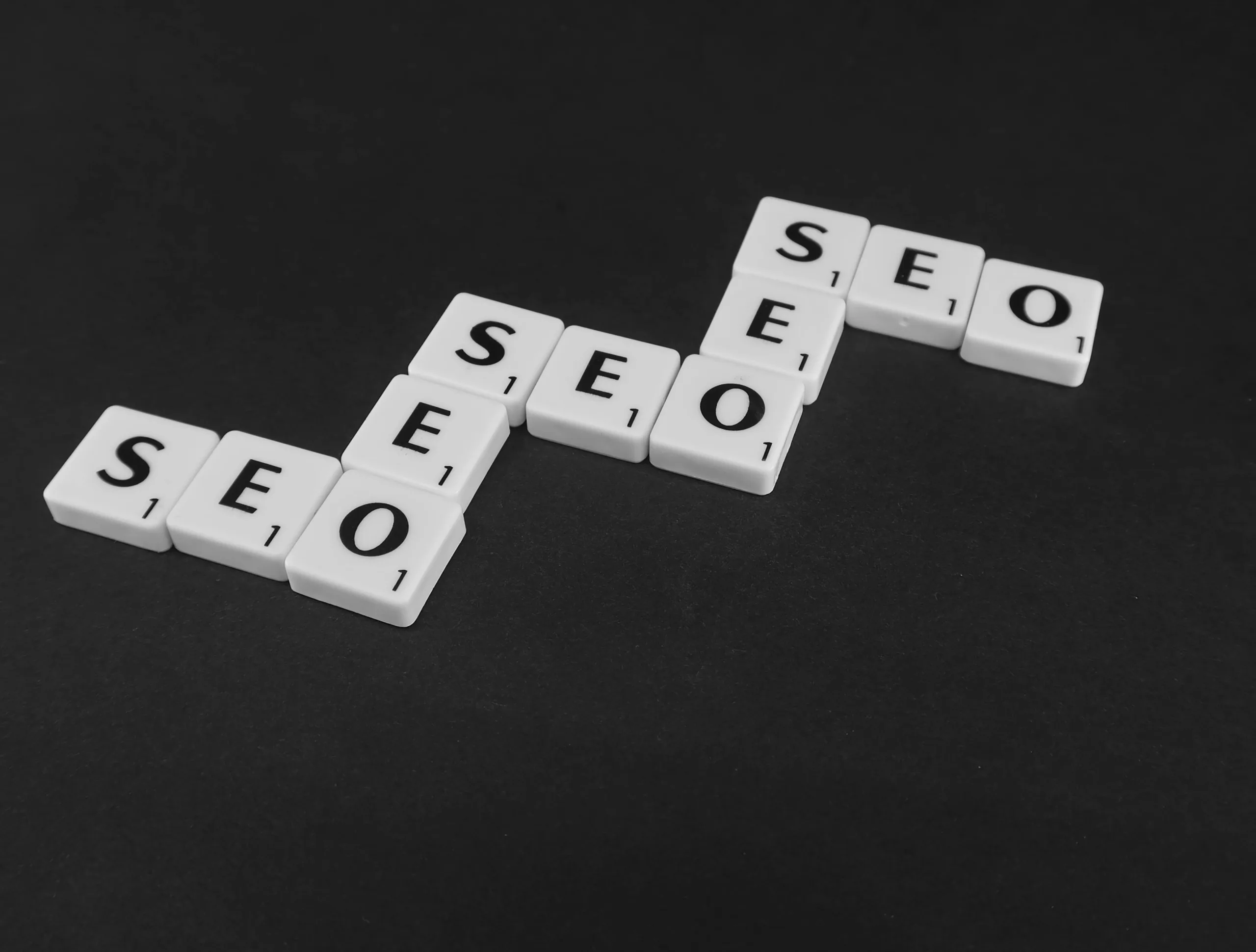Don’t just rush for rankings—avoid the traps that hold you back.
As search engines become smarter, SEO is no longer about ticking technical boxes — it’s about truly understanding the user. Still, many businesses continue to make outdated or short-sighted decisions that hurt their visibility and growth.
Whether you’re managing SEO in-house or with an agency, here are the top mistakes to avoid in 2025 if you want sustainable, high-impact results:
“Google only loves you when everyone else loves you first.”– Wendy Piersall

1. Ignoring Search Intent
Ranking for keywords is meaningless if your content doesn’t satisfy the user’s actual goal. Many still focus on keyword volume instead of why someone is searching. In 2025, Google continues to prioritize intent — informational, transactional, navigational, or local. If your page doesn’t answer the right question or solve the right problem, it won’t stick in search results, no matter how optimized the metadata is.
2. Over-Optimizing for Bots, Not Humans
Keyword stuffing, robotic copy, and overuse of exact-match phrases still exist — and they’re getting penalized more aggressively. SEO content should now read naturally, engage emotionally, and still deliver the right signals to search engines. Writing for humans first (and optimizing second) leads to higher engagement, lower bounce rates, and better rankings over time.
3. Neglecting Core Web Vitals
Speed, interactivity, and layout stability are non-negotiable ranking factors. Sites that are slow, jittery, or poorly optimized for mobile will continue to drop in rankings. This goes beyond basic performance — it includes lazy loading, efficient server response, responsive image handling, and smooth page transitions. User experience is the new SEO.


4. Forgetting Structured Data
Failing to implement structured data (schema markup) means missing out on rich snippets, enhanced SERP features, and better crawl efficiency. In 2025, schema isn’t just a “nice-to-have” — it’s essential for visibility in featured snippets, product displays, event listings, and more. Structured data also helps AI-based search engines interpret your content accurately.
5. Underutilizing Analytics & Tracking
Many still rely on guesswork instead of data. Without tracking KPIs like bounce rate, click-through rate, scroll depth, and keyword performance, your SEO strategy is flying blind. In 2025, leveraging tools like GA4, Search Console, and heatmaps is critical for making data-driven adjustments and improving ROI.
SEO in 2025 is a mix of human psychology, technical precision, and AI-assisted insights. Avoiding these common mistakes won’t just prevent penalties — it will give your content a stronger chance to rank, convert, and grow. The best SEO strategies aren’t just about what to do — they’re also about what not to do.
